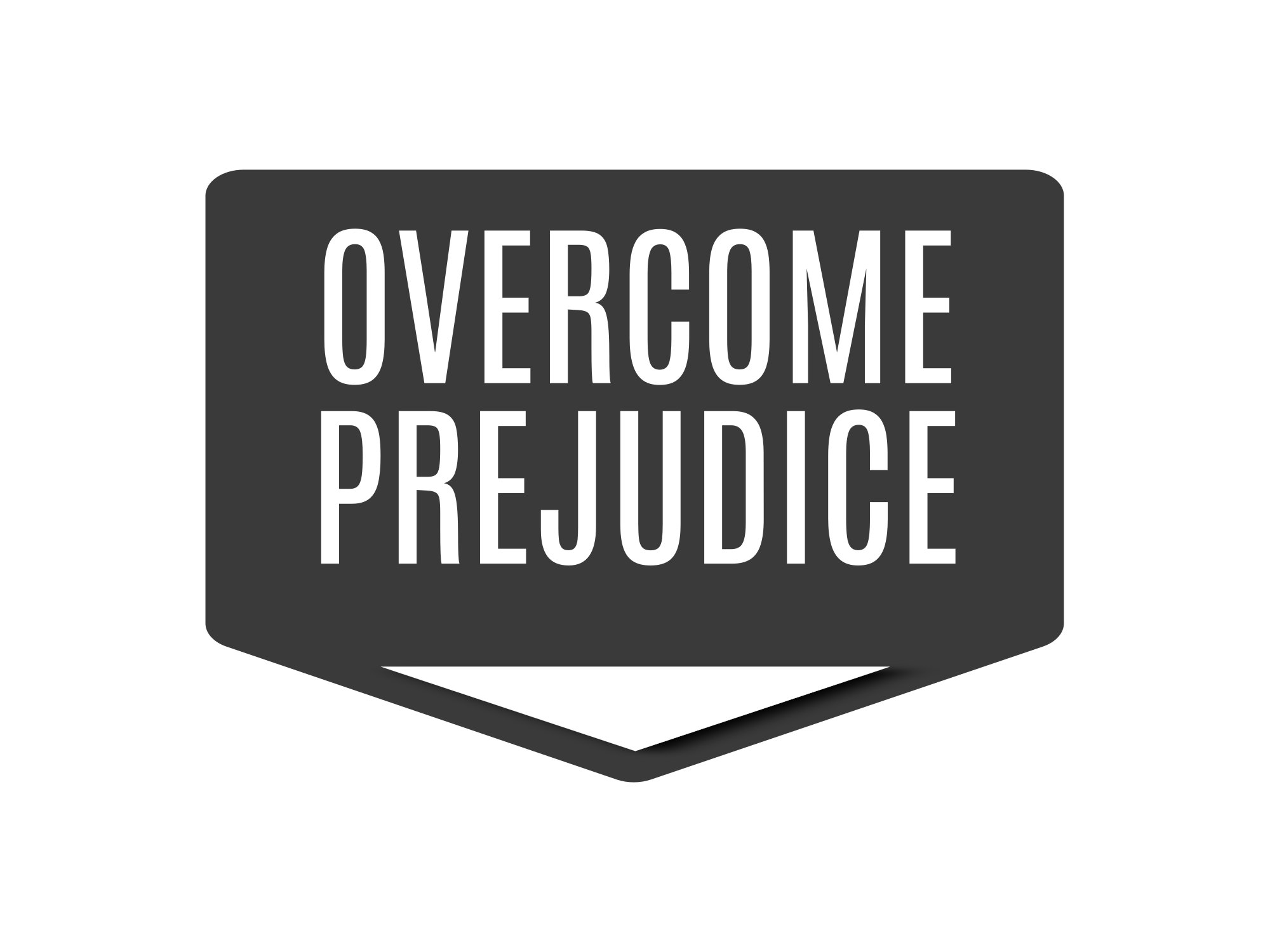


Do to others what you want them to do to you. This is the meaning of the law of Moses and the teaching of the prophets. –Bible, Matthew 7:12
Hurt not others in ways that you yourself would find hurtful. – Buddha, Udanavarga 5:18
Do not do to others what you do not want them to do to you. –Confucius
And as ye would that men should do to you, do ye also to them likewise.
–Bible, Luke 6:31
“How far that little candle throws his beams! So shines a good deed in a weary world.” –


Jesus called for selfless service, which is the practice of prioritizing the well-being of others and loving them above oneself: John 15:13″Greater love has no one than this, that someone lay down his life for his friends” Philippians 2:3-5 “Do nothing out of selfish ambition or vain conceit. Rather, in humility value others above yourselves”
The “Golden Rule” means to treat others the way you would want to be treated, it’s a fundamental principle of ethics often expressed as “Do unto others as you would have them do unto you.” The core of the Golden Rule is to put yourself in another person’s shoes and act accordingly, which cultivates empathy and compassion.



“We have committed the Golden Rule to memory; let us now commit it to life.” –Edwin Markham









The Golden Rule: The Global Enlightenment Endeavor
Introduction to the Golden Rule
The Golden Rule, often stated as “Treat others as you would like to be treated,” is a fundamental ethical principle that has been embraced by cultures and religions worldwide. It serves as a guiding light in human interaction, promoting empathy, kindness, and respect. While its expression may vary, the essence remains consistent, advocating for harmonious relationships and mutual understanding.
Historical Context
The Golden Rule’s origins can be traced back thousands of years across various civilizations. Ancient texts, including those from Christianity, Islam, Buddhism, Hinduism, and Confucianism, echo its sentiment. For instance:
- Christianity: “Do unto others as you would have them do unto you.” (Matthew 7:12)
- Islam: “None of you truly believes until he wishes for his brother what he wishes for himself.” (Hadith)
- Buddhism: “Hurt not others in ways that you yourself would find hurtful.” (Udana-Varga 5:18)
- Hinduism: “This is the sum of duty: Do not do to others what would cause pain if done to you.” (Mahabharata 5:1517)
This historical prevalence showcases the universal nature of the Golden Rule, transcending cultural and temporal boundaries.
The Global Enlightenment Endeavor
Promoting Universal Understanding
The Global Enlightenment Endeavor aims to harness the Golden Rule as a catalyst for worldwide harmony. By encouraging individuals and communities to adopt this principle, the initiative seeks to foster a culture of empathy and cooperation. The Golden Rule’s simplicity and universality make it an ideal foundation for promoting peace and understanding.
Education and Awareness
Education plays a crucial role in the Global Enlightenment Endeavor. By integrating the Golden Rule into educational curricula, societies can nurture future generations who prioritize compassion and ethical behavior. Workshops, seminars, and public campaigns can also raise awareness, inspiring individuals to incorporate the Golden Rule into their daily lives.
Challenges and Opportunities
Implementing the Golden Rule globally is not without challenges. Cultural differences, historical conflicts, and social inequalities can hinder its acceptance. However, these obstacles also present opportunities for dialogue and growth. By addressing these challenges head-on, the Global Enlightenment Endeavor can pave the way for a more inclusive and understanding world.
Conclusion
The Golden Rule stands as a timeless beacon of ethical conduct, offering a simple yet profound guide for human interaction. The Global Enlightenment Endeavor seeks to amplify its impact, promoting a world where empathy and respect are the norm. By embracing this universal principle, humanity can move closer to a future characterized by peace and mutual understanding.
The Buddha and Jesus in Modern Life
The teachings of both the Buddha and Jesus have transcended time, offering guidance and inspiration to millions worldwide. In today’s fast-paced world, their philosophies can still provide valuable insights and solutions to contemporary challenges. This exploration will highlight how their teachings can be integrated into modern life.
Core Teachings
The Buddha
Buddha’s teachings center around the Four Noble Truths and the Eightfold Path, emphasizing the elimination of suffering through understanding, ethical living, and mental discipline. At the heart of Buddhism is the concept of enlightenment, which is achieved through self-awareness and mindfulness.
Jesus
Jesus’ teachings focus on love, compassion, and forgiveness. Central to Christianity is the idea of salvation through faith and grace. The teachings of Jesus encourage followers to love their neighbors, practice kindness, and seek justice.
Applying Teachings to Modern Challenges
Mindfulness and Stress Management
In today’s world, stress is a common issue. The practice of mindfulness, rooted in Buddhist teachings, is a powerful tool for managing stress. By focusing on the present moment and cultivating awareness, individuals can reduce anxiety and enhance their overall well-being.
Compassion and Social Justice
Jesus’ message of love and compassion is increasingly relevant in addressing social justice issues. Modern movements for equality and human rights resonate with his teachings, encouraging individuals to act with empathy and pursue fairness.
Ethical Living
Both the Buddha and Jesus emphasized ethical conduct. In a world facing environmental challenges and ethical dilemmas, their teachings inspire individuals to lead lives of integrity, promoting sustainability and responsible choices.
Interfaith Dialogue and Harmony
In an era of globalization, interfaith dialogue is crucial. The teachings of the Buddha and Jesus offer a foundation for mutual understanding and respect among different cultures and religions. By focusing on common values such as compassion and peace, people can foster a more harmonious world.
Personal Growth and Inner Peace
Both spiritual leaders advocated for personal transformation. By embracing their teachings, individuals can embark on a journey of self-improvement, seeking inner peace and fulfillment. Whether through meditation, prayer, or acts of kindness, these practices cultivate a deeper sense of purpose.
Conclusion
The teachings of the Buddha and Jesus remain profoundly relevant, offering timeless wisdom for addressing the complexities of modern life. By integrating their philosophies into daily practices, individuals can navigate the challenges of today with greater clarity, compassion, and peace.